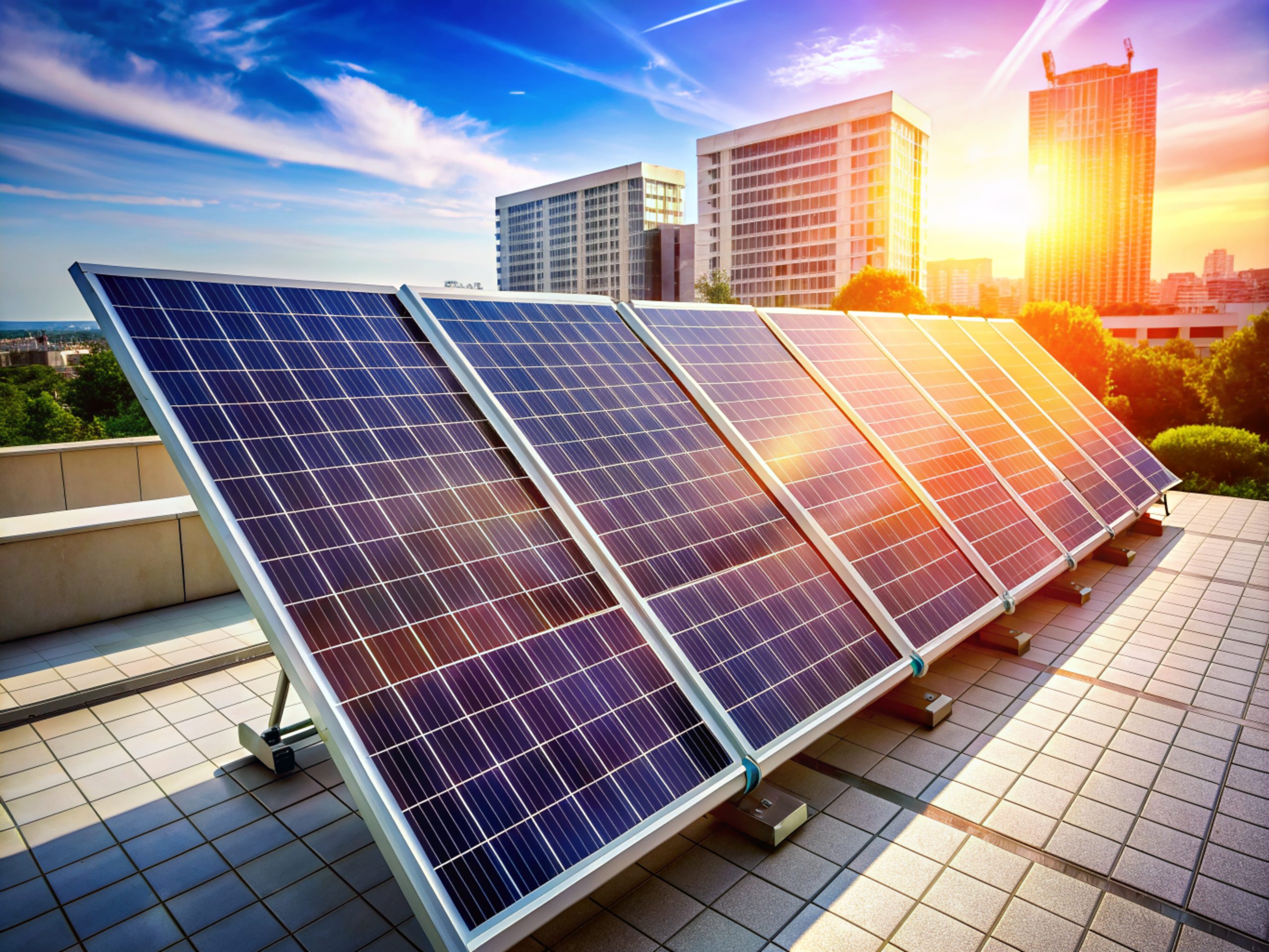A recent surge in US investments by Chinese solar-panel manufacturers could potentially strengthen Beijing’s hold over the industry, rather than reducing American reliance on Chinese supply chains, according to a report released by geopolitical consultancy Horizon Advisory.
The analysis highlights growing concerns over Chinese investments in US-based production of solar panels, batteries, and other key technologies for the clean energy transition. Currently, around 24 gigawatts of new US solar-panel manufacturing have been announced by joint ventures and subsidiaries of Chinese companies, a capacity large enough to meet more than half of America’s demand.
Horizon Advisory’s report also questions whether the Inflation Reduction Act (IRA) — which aims to decrease US dependency on foreign solar manufacturers — might be inadvertently undermining its own goals.
“America stands at the precipice of a once-in-a-generation opportunity. But all risks being wasted if a short-term tradeoff is made to allow Chinese state-backed players to continue to exploit US industrial policy while eroding America’s solar foundation,” Horizon’s report said.
Chinese firms such as Longi Green Energy Technology and Trina Solar stand to benefit significantly from their US investments. By assembling panels locally, these companies can bypass tariffs on imports and qualify for IRA tax credits, amounting to substantial financial advantages — up to $350 million a year for large solar factories.
Nathan Picarsic, co-author of the report, explained that Chinese companies are leveraging these incentives to dominate the clean-tech supply chain and neutralize competition, all while securing preferential treatment in the US market.
Meanwhile, the Biden administration has been vocal about the distorting effects of Chinese overcapacity in green technologies. The president has already increased tariffs on electric vehicles, solar cells, and semiconductors from China. Some US solar manufacturers are also pushing for new tariffs to counter what they claim are unfair subsidies and discounts on Chinese imports.
Chinese officials argue that claims of overcapacity are a “false narrative” aimed at undermining their economy, warning that such efforts by the US and EU could slow global progress on combating climate change.
The Horizon report suggests several US policy changes, including broader national security reviews of foreign investments, extending federal procurement rules to favor US-made components, and limiting tax incentives for Chinese-backed firms.
“China’s ability to exploit IRA tax credits at the expense of American taxpayers, while tightening its grip on both US and global solar markets, poses a serious threat to US manufacturers who have invested billions to expand production and create American jobs,” said Nick Iacovella, a senior vice president with the advocacy group Coalition for a Prosperous America. He added, “The stark irony is that the IRA was designed to strengthen US supply chains and domestic manufacturing in renewable energy, yet it’s giving China the advantage, allowing them to establish operations here and out-compete American companies.”
